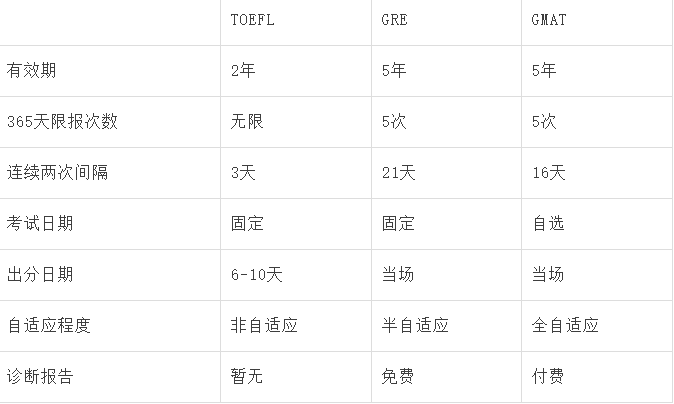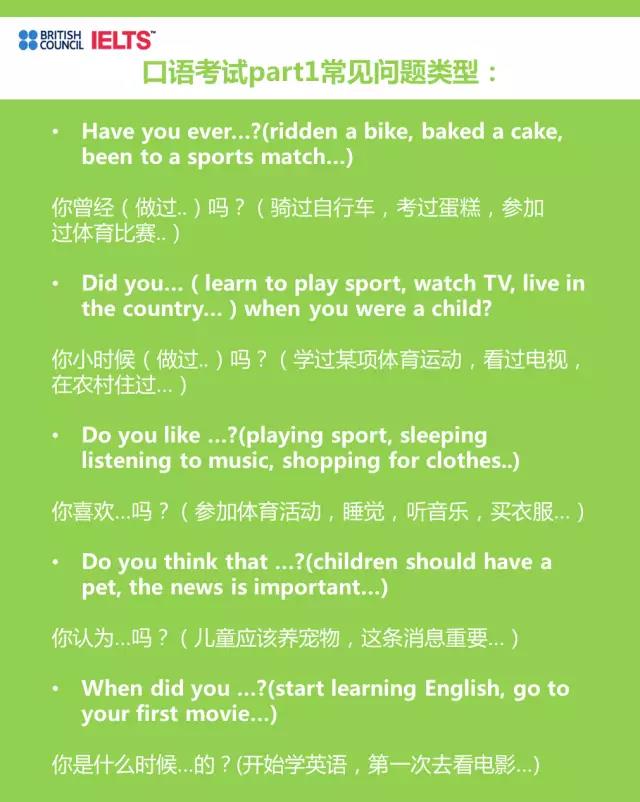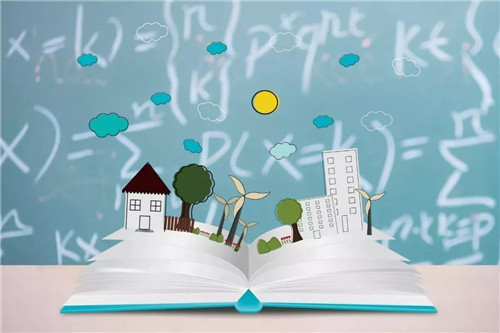被雅思口語考官打斷口語考試,是因為你說的不夠好嗎?雅思口語考官不認同你的觀點?下面小編就和大家分享被雅思考官打斷口語話題,來欣賞一下吧。
被雅思考官打斷口語話題
其實原因真的沒有那么復雜。1. 雅思口語考試時間有限,話不能太多哦。2. 同學,雅思口語考試各個趴的問題很多,要合理分配時間。我們繼續下一個話題吧。有些考鴨屬于話嘮屬性,一打開話匣子就說個沒完,讓考官不得不中斷你的口語話題。還有一些口語水平挺不錯的考生,考官覺得這部分時間用完了,為了考驗你,當然是進入下一個話題繼續尬聊。就是這樣,所以,考生們不必緊張,考官們都是很專業的。
首先是考試時間限制的問題,雅思口語考官需要嚴格控制考試時間,確保每位考生在相同的時間內完成每個部分的回答。
第二個原因是雅思口語考官需留出時間向你提出不同的問題,引導大家通過討論不同的話題, 從使用不同詞匯或多樣的語法表達等方面來全面地展示你的英語表達能力。畢竟一個單詞,一種時態是不能夠走遍天下的, “千篇一律”或者過分依賴熟悉的易于使用的結構都會容易在實際溝通中讓人失去聽下去的興趣,而無法達到順暢溝通交流的目的。
其實,話說回來,雅思口語考官在考試中的適時打斷都是為了能夠在規定的時間內從你的回答中拿到足夠的“證據”以按照口語的評分標準,也就是發音、流利性與連貫性、詞匯多樣性、語法多樣性及準確性四方面為你的表現打分。
因此,這個故事告訴我們,在口語的備考練習中,需要大家認真對照口語評分標準,有意識的訓練自己。在口語中,語法多樣性是相對容易的一個部分,畢竟天下語法就那么多,學會了就沒了,也是大家容易忽視的地方。
關于這部分的雅思口語官方評分標準描述是:“Use a wide range of both simple and complex structures 同時使用簡單及復雜的語法結構”; “Demonstrate flexible use of structure 融匯運用不同的語法結構”; “Focus on accuracy without losing fluency注意確切且流利”和“Be communicative有表達欲”。
但很多烤鴨苦惱的是語法課是一回事,寫的時候都能注意,張嘴說的時候,卻又是另一回事了。因為畢竟上課時間只占你學英語或者說英語總時長里很小的一部分。所以,提升的辦法就是“增加說的時間”,并且一定要有意識地糾正。
最后,還是回歸到雅思口語上來。雅思口語提分并不能一蹴而就,也沒有哪一個雅思口語考官會為了多掙一筆雅思考試報名費而故意壓分,或者為難考生。雅思口語能力真正得到提高的雅思考生,方能在雅思口語考試現場淡定發揮,對任何打斷都臨危不懼。各位考鴨們,加油。
2020年9-12月雅思口語part2&3答案解析:教你東西的人
Describe a person who taught you something.
You should say:
who the person was
where you met him or her
what this person taught you
and explain how you felt about what he or she taught you
I would like to talk about my teacher, Mrs. Bolger. She was my English teacher when I was in university. Well, my foreign English teacher. She was about 50 years old, tall and always very well-dressed. She was an eccentric woman actually, with many interesting perspectives and opinions. I first met her in university, of course, when she was introduced to us by the head of the English department. This was about 4 or 5 years ago now. I enjoyed what she taught us, she taught us a lot of English and American literature – which I must say I enjoyed very much. She had a really interesting way of analyzing literature actually. I find it gave me new insights into life, people, their emotions and their feelings. It was quite meaningful and she always taught us with a certain passion and enthusiasm that the other teachers lacked. I wish that more teachers were like this because it’s a lot easier to learn about a subject, especially in a second language, if the teacher has a passion, love and enthusiasm for the subject.
Part3
1. What are the qualities that a good teacher must have?
A good teacher should be, in my opinion, enthusiastic, patient but firm, and have a good sense of humour. Naturally, a teacher should have a good knowledge of their subject, but more importantly I think a teacher should be good at explaining things in an interesting and engaging way that encourages the students to think and develop good thinking skills.
2. When should children start to receive education?
Children usually start going to go to kindergarten at 3 years old in China. And although they don’t really learn that much, this is really the start of their educational life. I think it’s the same in most countries. Then at 6 years old they go to primary school.
3. What are the differences between the old and the young in accepting new ideas?
Young people are usually more open-minded about accepting new ideas. Generally, this is true. Older people get set in their ways, are less flexible about new ideas, new foods, new ways of doing things, and so forth. It’s pretty normal. It’s almost always the case. However, there are some older people who are more easy-going and accepting, because maybe they become relaxed in their old age and more wise and understanding about things. So, there are always some exceptions to the rule.
4. Do you prefer to study by yourself or with your friends?
I actually prefer to study alone. I don’t really like to study with others because everyone studies at their own pace and has different strengths and weaknesses. This means you can waste a lot of time if you study with others – also there are always some people that cannot stop chatting, or gossiping or simply not staying focused on the topic at hand, and this is just a massive distraction. So, in general I prefer to do most of my studying alone. Maybe occasionally it’s nice to sit and have a coffee with fellow students and discuss certain aspects of our studies, for sure, but actual studying, for me, is best done alone.
2020年9-12月雅思口語part2&3答案解析:想見的新聞人物
Describe a person you saw in the news who you want to meet.
You should say:
who the person was
when you saw him or her
what was the news about
and explain how you felt about the person or the news
A person I think I’d like to meet that I’ve seen in the news is Oprah Winfrey. You may know her, she’s one of the richest women in the world – she’s a TV host from the US. I am not sure how often she is on the news, but she has her talk show, she hosts it, The Oprah Winfrey Show, and I’ve seen it multiple times, and I really like her personality, her attitude and assertive character and the way she interviews people, listens to them and offers her opinions. I did see her on the news several years ago, in fact. It was a time when she went into a high-end handbag shop and was looking at different and very expensive bags. The shop assistant did not recognize her, and was apparently very rude to her by refusing to take down from a high shelf behind her, a very expensive bag that Oprah wanted to see, and Oprah felt that she was treated in this way because she is a black woman – because of racial prejudice. Anyway, I saw this both in the newspaper and on television, because even though Oprah did not reveal which shop it was (because she didn’t want to damage the reputation of the store), she did openly discuss the incident with the media, and then someone in the BBC, I think, managed to track down the actual shop, who then gave a public global apology, claiming it was a misunderstanding. I think the incident took place in Switzerland, I’m not sure. I am not sure how I felt about this incident. I think it’s an interesting story, and I’m always interested to see international news stories especially about famous stars like Oprah Winfrey.
Part3
1. What kind of people can be usually seen in the news?
Politicians usually feature in the news a lot, and some celebrities. And, of course, reporters and news presenters who go to different places and different countries to deliver live reports on television.
2. Do you think famous people, celebrities, can have a big influence on the general public by their behavior?
Yes, I think so. Especially on young people. Young people like to have idols and role models and they tend to get very passionate about following famous people sometimes, especially singers, pop icons, sports personalities and some actors. So, famous people have a responsibility to behave fairly decently in the public eye, so that they do not negatively influence young people, in particular. Also, today the media are like vultures, they are always following famous people looking for gossip – so if you’re famous you not only have to make sure you behave perfectly in public, but you must also protect your private life from snooping journalists who are looking for a story. So, yes, it’s not always the responsibility of the celebrity, it’s also the gossip from the media that can have an influence on young people.
3. What kind of issues are frequently reported in the news?
Oh, lots of things are reported in the news… The news might talk about international events, treaties, conflicts, and major things that are happening in the world between governments. The news might also cover the environment, the economy, business news… things like this.
If there is a natural disaster like a hurricane or an earthquake or something, this will be reported, and sometimes a reporter will be sent there to do a live report on the event, maybe interview some locals and so forth – for example, only a few weeks ago I heard about the eruption of a volcano in New Zealand. Reporters arrived on the scene shortly after the incident and interviewed some of the relief crew on live television. Things like this are commonly reported on the news, both on television, and on line.
4. What’s the difference between the news nowadays and the news in the past?
The main difference between the news today and the news in the past is that in the past everyone relied on TV and newspapers for news, but today people read most of their news on their smartphones. So, the news is more up-to-date today than in the past. It’s an interesting topic because today there are different opinions about the reliability of the news. Some people say we can trust the news more today, and some people think we should trust the news less, because there is more censorship and control of the news. I’m not sure what I think to be honest. Because there are so many more ways of getting news from all over the place, I don’t really know whether we can trust it more or less than in the past, but I do know that it’s much easier to access the news and reading news on our phones is certainly is a good way to kill time on the subway or in a taxi, or when you’re waiting to be served in a restaurant or other times like this.
雅思相關文章:
★ 2020年雅思口語題庫匯總新題
★ 雅思自我介紹高分范文
★ 學習資料庫
★ 雅思8分英文自我介紹精選5篇
★ 學習資料庫
★ 8.22雅思考試真題回憶及答案參考
★ 博士申請獎學金的申請書范文
★ 組織主題夏令營活動策劃方案2020
★ 有關博士國家獎學金申請書范文
★ 博士研究生國家獎學金申請書范文
上一篇:托福口語考試邏輯框架解析





